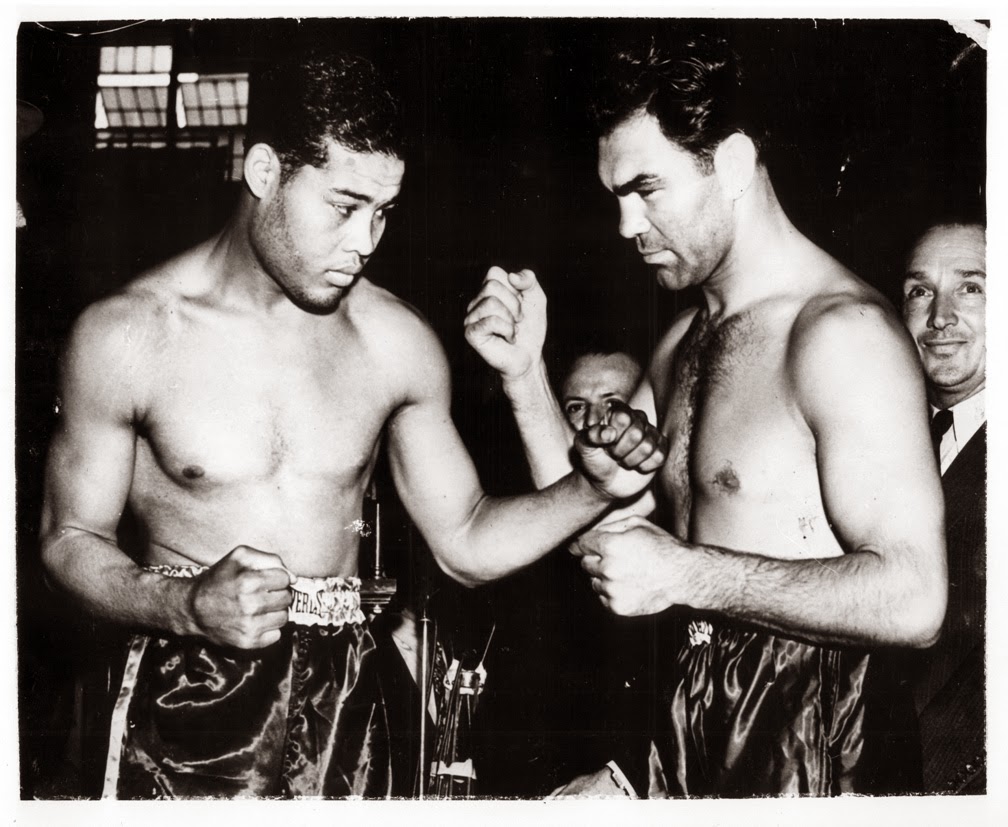
The Fight of the Century: Louis vs. Schmeling
The 1938 boxing rematch between American Joe Louis and German Max Schmeling is believed to have had the largest audience in history for a single radio broadcast. In 2005, the […]
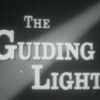 play_arrow
play_arrow
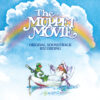 play_arrow
play_arrow
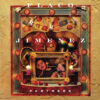 play_arrow
play_arrow
The Sounds of America: Flaco Jiménez’s Partners album BMPAudio
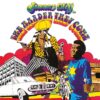 play_arrow
play_arrow
The Sounds of America: The Harder They Come Soundtrack BMPAudio
 play_arrow
play_arrow
 play_arrow
play_arrow
 play_arrow
play_arrow
 play_arrow
play_arrow
 play_arrow
play_arrow
 play_arrow
play_arrow
Science Of Happiness 76: If You Want to Be More Productive, Cut Yourself Some Slack BMPAudio
 play_arrow
play_arrow
 play_arrow
play_arrow
 play_arrow
play_arrow
Science of Happiness 73: How to Switch Off Your Critics BMPAudio
 play_arrow
play_arrow
 play_arrow
play_arrow
Science of Happiness 72: How To Reconnect With Your Partner BMPAudio
 play_arrow
play_arrow
The Science of Happiness 71: Do You Want To Be More Patient? BMPAudio
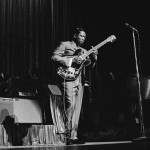 play_arrow
play_arrow
Red, White and the Blues BMPAudio
 play_arrow
play_arrow
The Science Of Happiness 70: How To Love People You Don’t Like BMPAudio
 play_arrow
play_arrow
The Science of Happiness 69: What’s Your “Why” In Life? BMPAudio
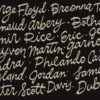 play_arrow
play_arrow
The Science of Happiness 68: From Othering to Belonging BMPAudio
 play_arrow
play_arrow
The Science of Happiness 67: Taking Small Steps toward Big Goals BMPAudio
 play_arrow
play_arrow
1A Memorial Day Special BMPAudio
 play_arrow
play_arrow
The Science of Happiness 66: How to Connect When You Must Stay Apart BMPAudio
 play_arrow
play_arrow
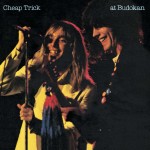 play_arrow
play_arrow
 play_arrow
play_arrow
The Science of Happiness 64: Helping Kids Think About the Good BMPAudio
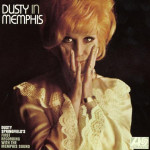 play_arrow
play_arrow
 play_arrow
play_arrow
The Science of Happiness 63: Remembering to Breathe BMPAudio
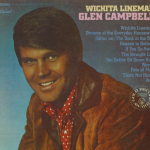 play_arrow
play_arrow
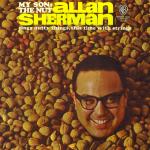 play_arrow
play_arrow
The Sounds of America: “Hello Muddah, Hello Fadduh” BMPAudio
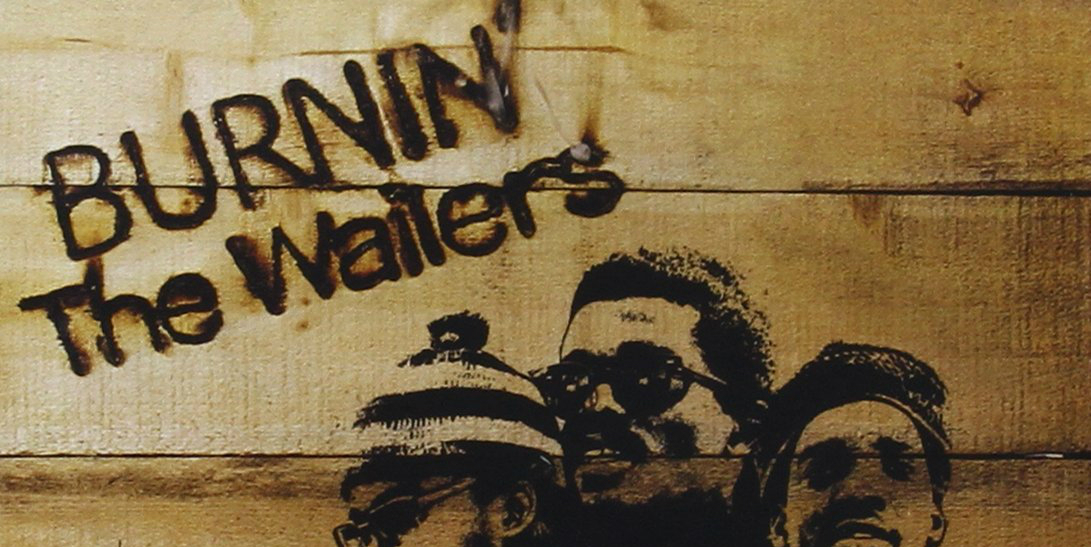
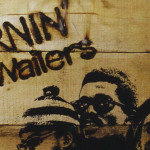 play_arrow
play_arrow
Bob Marley’s Reggae Landmark BMPAudio
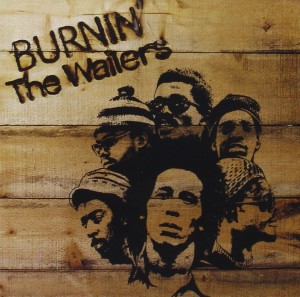 In 1973, a reggae group on the verge of breaking up released an album — its second that year — filled with militant anthems inspired by life in the Jamaican slums. It turned out to be Bob Marley’s big break.
In 1973, a reggae group on the verge of breaking up released an album — its second that year — filled with militant anthems inspired by life in the Jamaican slums. It turned out to be Bob Marley’s big break.
Burnin’ was the last album the reggae master released under the name “The Wailers,” and it featured the final performances of Peter Tosh and Bunny Wailer with the group.
While the band was rhythmically tight, Marley dominates this album. Burnin’ covers a variety of topics and moods, from the militancy of “Get Up, Stand Up” and “I Shot the Sheriff” to the heartfelt rage and poverty-induced despair of “Burnin’ and Lootin’.” The final track, the traditional “Rastaman Chant,” sounds a more redemptive note.
The political stridency of Burnin’ was informed by the slums where Marley lived. Rita Marley, his widow, sees the connection.
“We were grown and raised in the ghetto, so we knew nothing more than a ghetto life,” she says.
But Burnin’ was also a breakthrough for Marley — and for reggae music’s acceptance in the U.S. When Chris Blackwell, founder of Island Records, sent the record to his contacts in the music industry, Eric Clapton heard something he liked and transformed “I Shot the Sheriff” into a No. 1 hit.
“When he recorded that song, that was probably the biggest break, really, that Bob had had,” Blackwell says. “Because Eric at that time was, literally, like, you know, like God in the music business, and God had gone to Bob Marley for his material. So it pointed towards Bob and gave him the respect that catapulted him really into a whole other level of credibility.”
Independent producer Ben Manilla interviewed Rita Marley, Chris Blackwell and Jim Henke, author of Marley Nation and chief curator of the Rock and Roll Hall of Fame and Museum, about the album.
Tagged as: Bob Marley, Chris Blackwell, Jim Henke, Rita Marley.

BMPAudio November 20, 2006
The 1938 boxing rematch between American Joe Louis and German Max Schmeling is believed to have had the largest audience in history for a single radio broadcast. In 2005, the […]
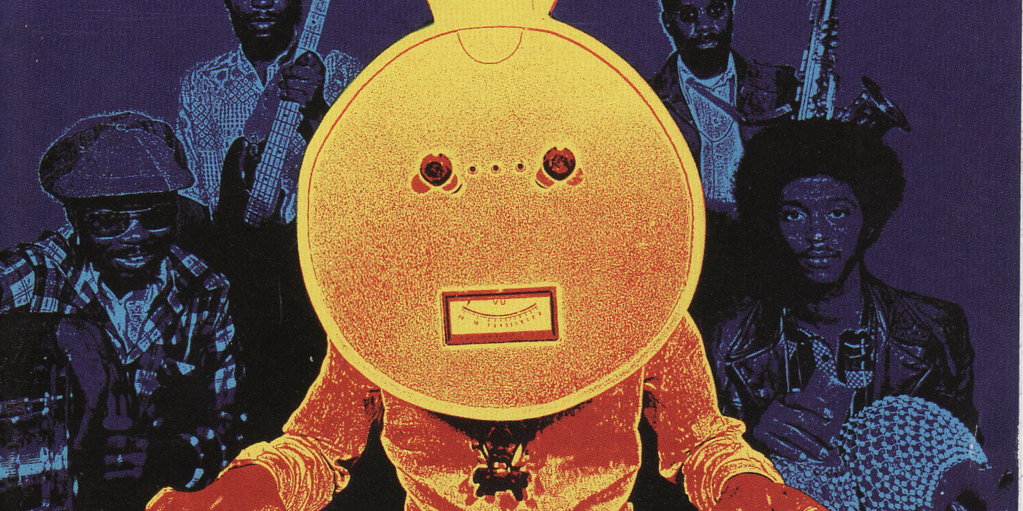

Whether a syndicated national radio series, podcast, documentary or audiobook, BMP Audio creates imaginative, sophisticated and effective sound tracks for your ideas. Our fully digital production facilities assure the highest level of audio fidelity. The world’s top broadcast companies know this – and that’s why they choose BMP Audio.